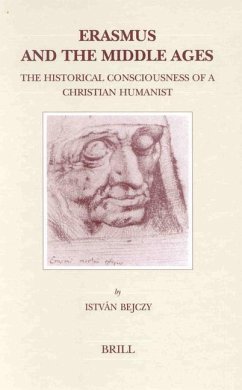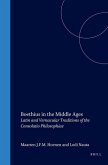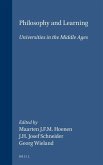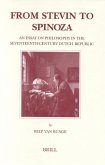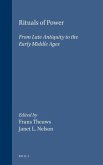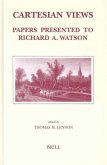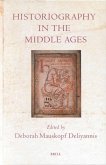The aim of this book is to examine Erasmus' attitude toward the medieval past and to relate it to his historical consciousness. More than any other Renaissance humanist, Erasmus was committed to the goal of building an alternative to medieval civilisation. In his view, the restoration and study of ancient pagan and Christian literature would result in an elevation of cultural and intellectual as well as moral and spiritual standards. Yet these very assumptions appear to be challenged by Erasmus' specific observations on the course of history up to his own day. The present study is the first to show a fault line between the basic ideas of Erasmus' Christian humanism and his view of the actual development of humanity through the ages.
Hinweis: Dieser Artikel kann nur an eine deutsche Lieferadresse ausgeliefert werden.
Hinweis: Dieser Artikel kann nur an eine deutsche Lieferadresse ausgeliefert werden.

